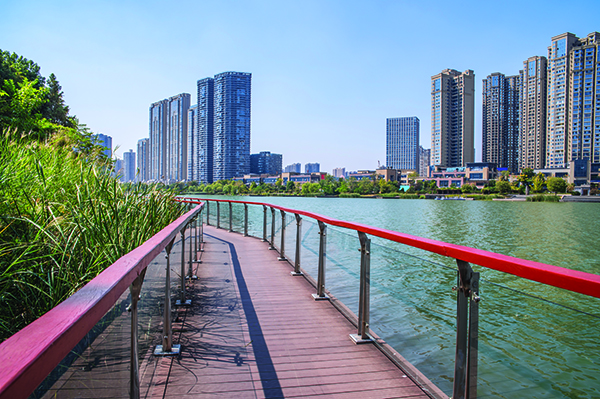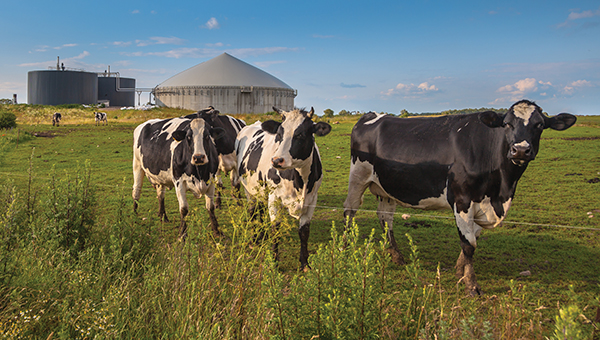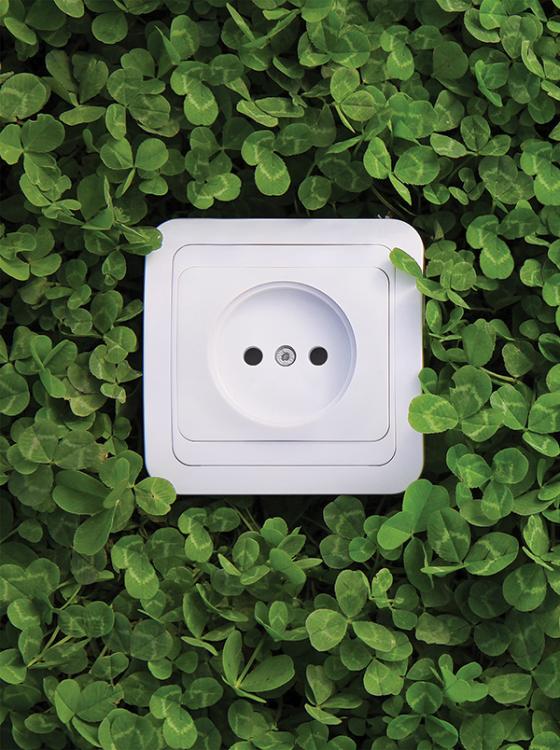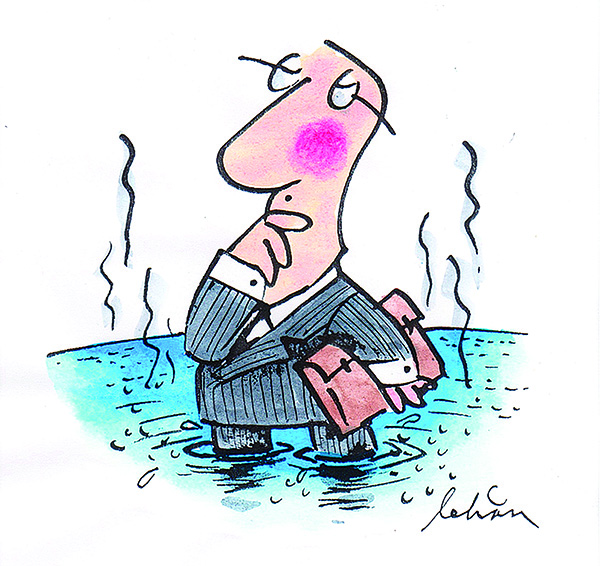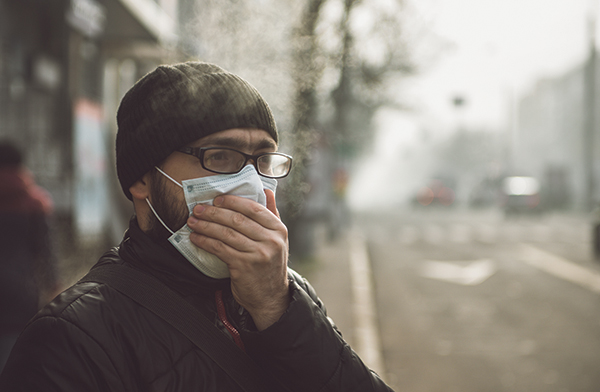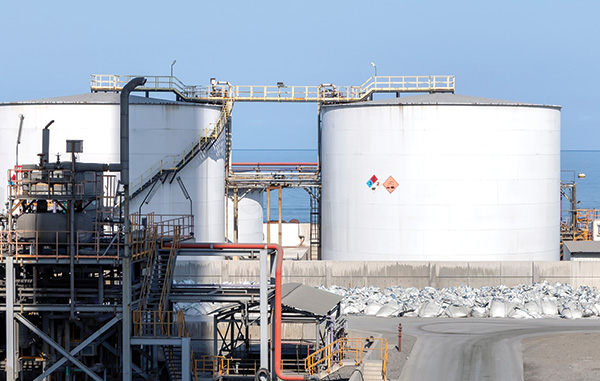Achieving clean air across the world is possible, according to a new study by IIASA. The researchers conclude that a combination of ambitious policies focusing on pollution controls, energy and climate, agricultural production systems and addressing human consumption habits could drastically improve air quality throughout the world.
By 2040, mean population exposure to PM2.5 from anthropogenic sources could be reduced by about 75 per cent relative to 2015 and brought well below the WHO guideline in large areas of the world, thus saving millions of premature deaths annually. At the same time, the measures that deliver clean air would also significantly reduce emissions of greenhouse gases and contribute to multiple UN sustainable development goals.
“Even if WHO air quality standards are currently exceeded by more than a factor of ten in many parts of the world, clean air is achievable globally with enhanced political will,” concludes lead author Markus Amann.
Source: IIASA News, 29 September 2020. Link: https://iiasa.ac.at/web/home/about/news/200929-Reducing-global-air-pollu...


